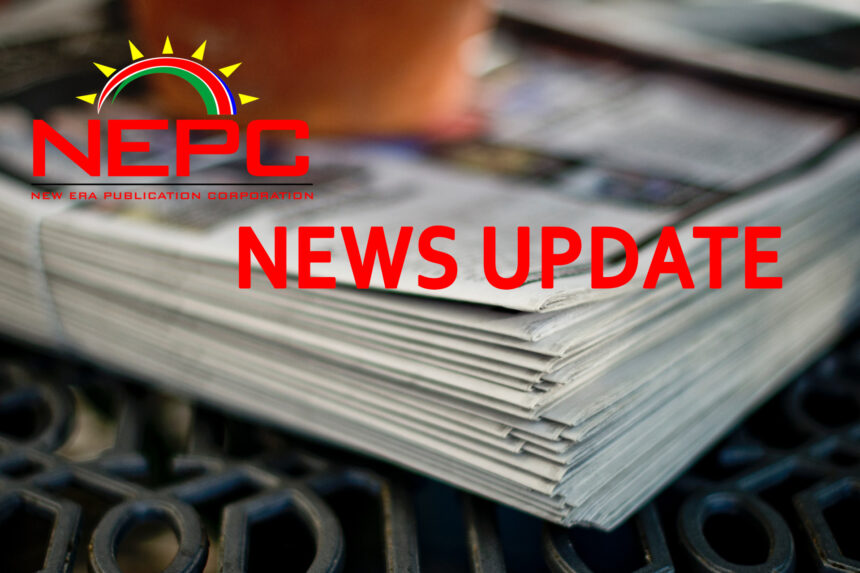KEETMANSHOOP – The leader of the official opposition has appealed to the agriculture ministry to rather utilise in-house expertise instead of external consultants to carry out a feasibility study for the construction of the irrigation project’s phase 2 at the Neckartal dam outside Keetmanshoop.
“The potential extensive resources to be allocated towards the recruitment of external consultants is, arguably, reflective of a gross misallocation when these said funds could be significantly reduced or even eradicated,” said McHenry Venaani in a recent social media post.
This follows the agriculture ministry’s advertisement of an Expression of Interest (EOI) in local newspapers recently, inviting eligible consultants to indicate their interest in carrying out a feasibility study, preliminary design, detailed design, tender documentation, contract administration and site supervision for the said services. The Popular Democratic Movement leader urged line minister Calle Schlettwein to revisit this strategy and employ more frugal measures by demonstrating fiscal responsibility and optimising resources allocation.
Venaani was further of the opinion that the ministry has within its realm able and experienced staff, endowed with the necessary know-how to produce preliminary designs, tender documentation, as well as the ability to undertake contract administration and site supervision. He added that the delegation of these tasks to in-house staff would thus symbolise a smart and cost-effective way forward.
“It is, therefore, imperative that the Ministry of Agriculture, Water and Land Reform judiciously utilises the collective wisdom of its staff, thereby making the best use of its resources,” the politician emphasised in his appeal.
“It seems that there is a slight confusion in understanding the different phases of the project by the honourable Member of Parliament, but we will share more light on it in the near future,” said the agriculture ministry’s public relations officer Jona Musheko.
He said the construction phase has been successfully completed, whilst the second phase of the project will deal with the agriculture green scheme irrigation part.
This part will also be carried out in two phases, as it requires different levels of implementation, given the availability of resources. The construction of the Neckartal Dam commenced on 11 September 2013, and it was officially handed over to the agriculture ministry on 25 September 2019. As the largest dam in Namibia, it has a storage capacity of approximately three times that of the Hardap dam near Mariental. At full supply level, it will have a storage level of 857 million cubic meters.


